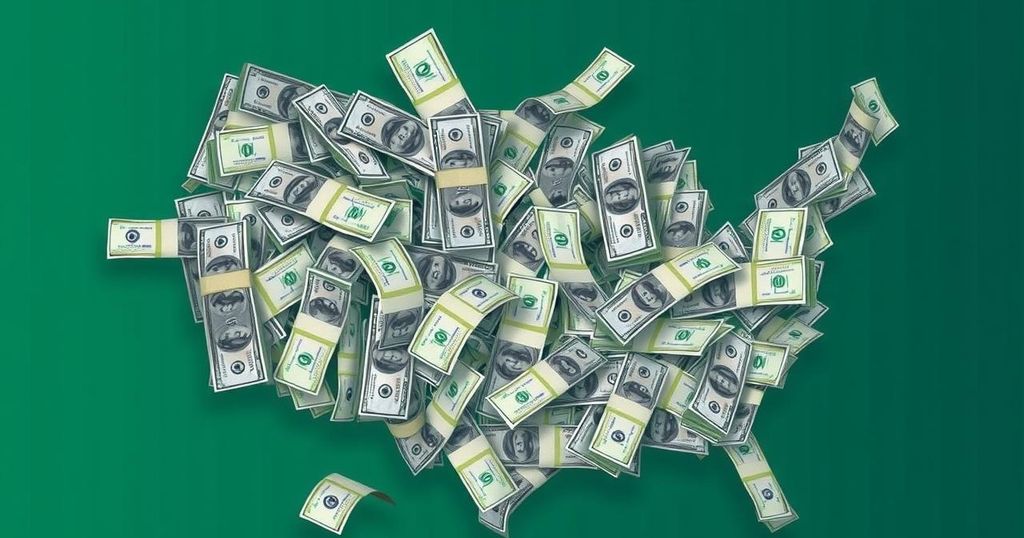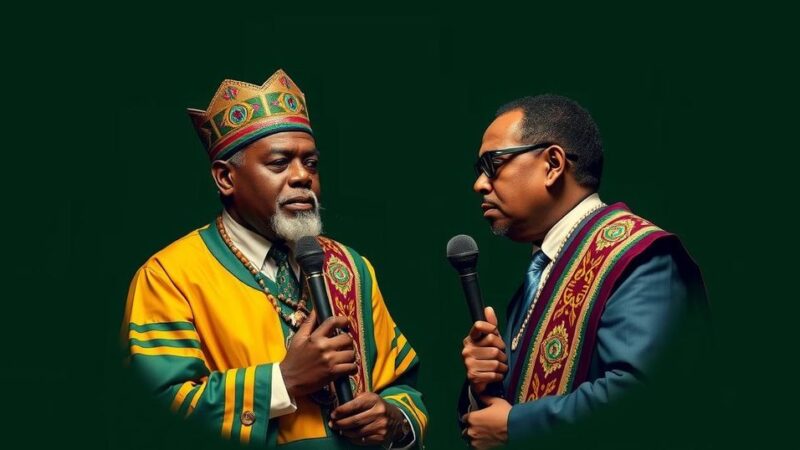Elon Musk’s plan to give away $1 million daily until the November elections has raised legal concerns, with experts indicating it may violate laws prohibiting financial incentives for voting. This initiative, part of Musk’s support for Donald Trump’s candidacy through his America PAC, requires participants to be registered voters who sign a petition, leading to potential legal implications concerning voter inducement. Pennsylvania Governor Josh Shapiro has expressed deep concern, suggesting law enforcement may need to investigate the matter.
Elon Musk, the tech magnate, has recently pledged to distribute $1 million per day until the upcoming United States elections, sparking significant concerns from legal experts who caution that this initiative may violate federal laws against incentivizing voting through cash rewards. The scheme, which is contingent on registered voters in battleground states signing an online petition, has garnered criticism from Pennsylvania Governor Josh Shapiro. During a recent interview on NBC’s Meet the Press, Shapiro expressed his alarm over Musk’s plans and suggested that law enforcement should investigate this potential legal infraction. Musk’s political influence is becoming increasingly evident through his America PAC, which he established to support the presidential campaign of Donald Trump. He has committed $75 million to assist the former President in his bid to defeat Democratic candidate and current Vice President Kamala Harris. At a recent pro-Trump town hall in Folsom, Pennsylvania, Musk articulated the stakes of the election, stating that it could determine the future of both America and Western civilization. The legality of Musk’s financial allure is under scrutiny, as it raises questions regarding the consequences of conditioning cash giveaways on voter registration—an action that may breach existing regulations prohibiting such inducements. According to federal law, specifically delineated in the Department of Justice’s election crimes manual, it is illegal to offer money or other items of value as an incentive for individuals to vote or register. Legal scholars such as Rick Hasen from UCLA have emphatically stated that while other actions by Musk might be ambiguous in legal terms, this particular offering appears unmistakably unlawful. Campaign finance attorney Brendan Fischer further elucidated this point, suggesting that linking eligibility for the $1 million payment to voter registration might constitute a violation of federal law.
The current discourse surrounding Elon Musk’s planned cash giveaways is situated within a broader context of campaign finance and electoral law in the United States. These laws are designed to ensure fair practices during elections and to prevent monetary inducements that could distort the democratic process. The significance of this matter is amplified given the proximity of these financial giveaways to the electoral period, rendering them potentially more problematic in terms of their intended purpose to influence voter registration and, subsequently, voting behavior. The proactive role of Musk, as a public figure and wealthy individual with considerable influence, raises profound ethical and legal questions regarding the intersection of wealth and politics.
In conclusion, Elon Musk’s commitment to distribute $1 million daily leading up to the elections has prompted serious legal questions regarding the suitability and legality of such actions. Experts warn that conditional cash giveaways may breach federal laws against using financial incentives to sway voter behavior. The implications of this plan are significant, not only for Musk’s role in the election but also for the integrity of the electoral process in the United States.
Original Source: www.aljazeera.com






